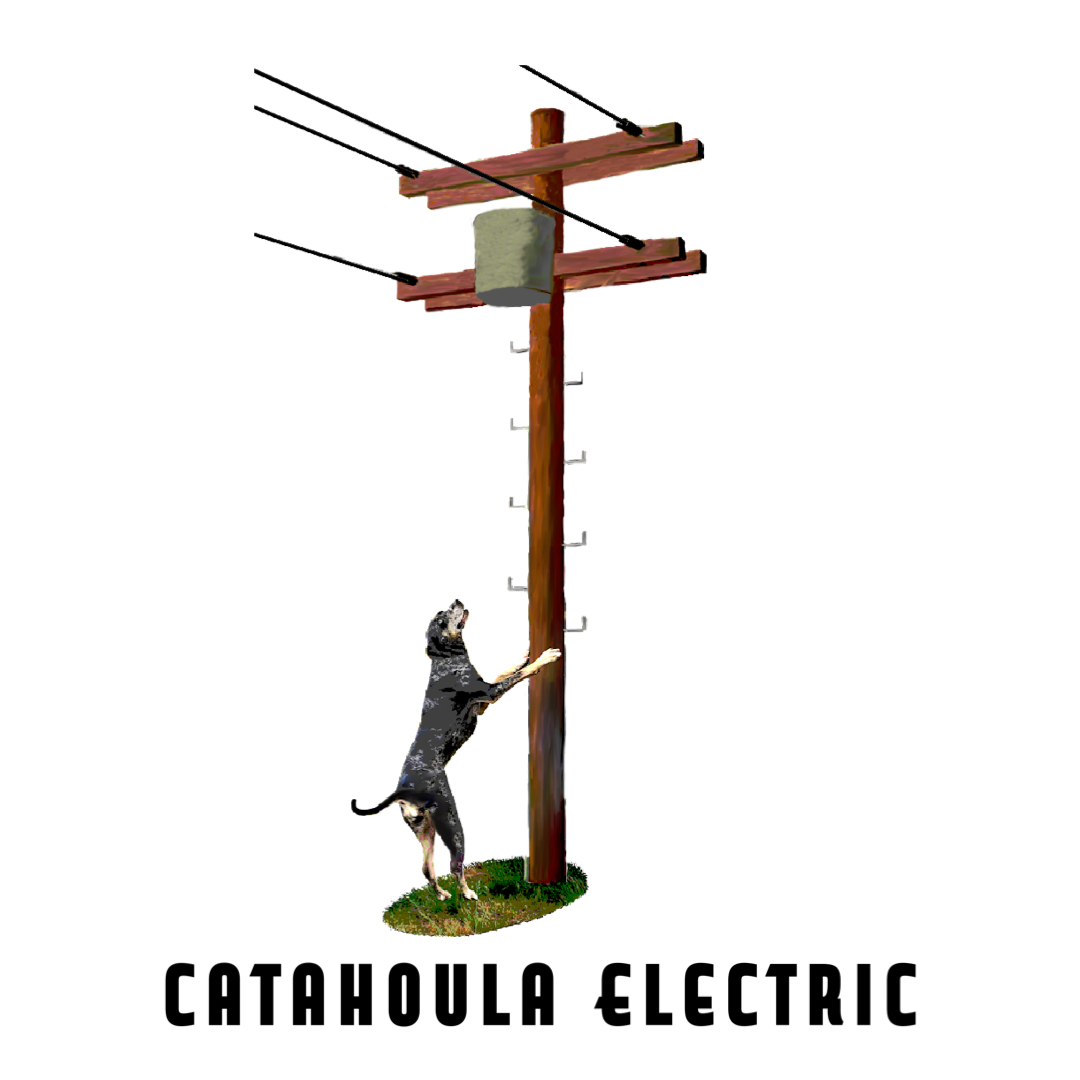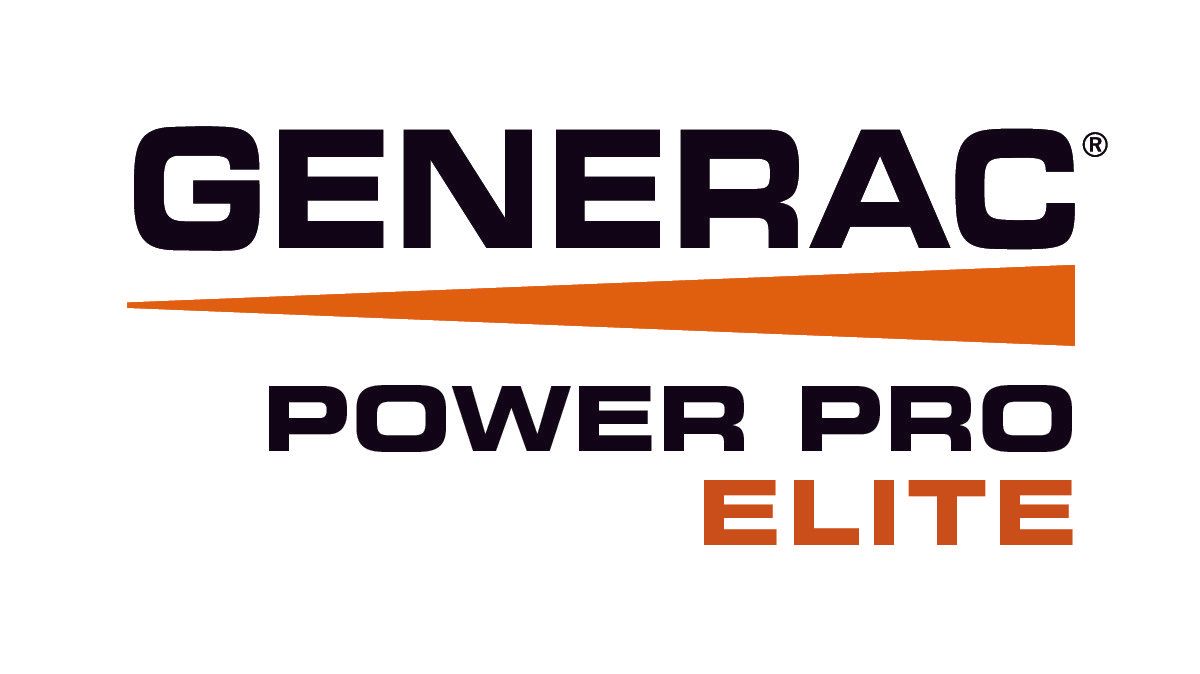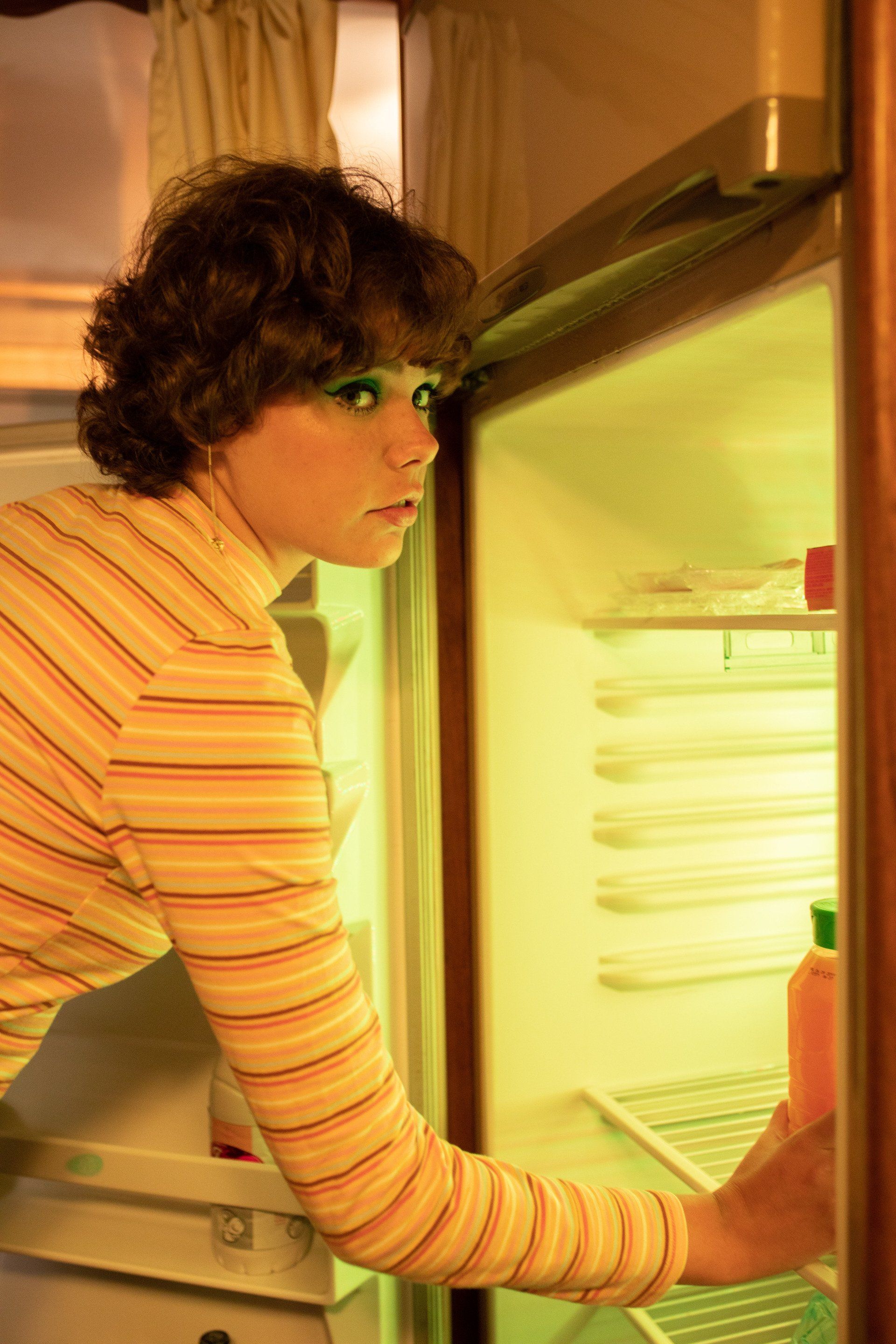How Do Home Generators Work?
How do Home Generators work?
Generators are machines that take energy from a fuel engine and transform it into electrical power using a generator head. The generator head creates an electromagnetic field that produces electricity when it spins. The electricity is then supplied to the home during a power outage.
What are the essential components of a functioning generator?
Fuel engine
Electricity is produced as the generator head spins under an engine's power, with diesel, propane, and natural gas all being viable fuel sources.
Generator Head
The generator head is part of the generator that produces electricity when it spins. The head contains a set of magnetic coils that generate an electromagnetic field when they spin. This creates the electricity used to power a home during a power outage.
Control Panel
The control panel is a generator's main component, allowing users to monitor and adjust its performance. It also includes safety features that keep the generator from overloading or running too hot.
Battery
Many generators boast a battery, allowing you to start the generator without having to manually pull-start - offering convenience and ease.
Electrical power supply
The generator head is connected to an electrical power supply, typically a transfer switch outside the home. This allows the electricity to be sent into a home during a power outage. The power supply may also require additional wiring and connections to prevent system overloading.
What is needed to install a generator at my home?
Installing backup generators in home requires a licensed electrician to connect the power supply and meet all safety regulations. In some cases, additional wiring may also be necessary for optimal performance. Additionally, it is essential to choose the best home generator for power outages that is appropriate for your home's needs. A typical home generator installation includes...
- Generator
- Generator Stand
- Transfer Switch
- Surge Protector
The Generator
The generator will be the primary source of power during a power outage. There are many brands to choose from Generac to Briggs and Stratton. To find a local dealer consider searching for a "Generac home generators near me" to find a dealer near you.
Generator Stand
This allows the generator to be placed in an elevated, secure location such as a patio or deck area. It is designed to reduce noise and vibration, making it easier on the ears during operation.
Transfer Switch
The transfer switch is connected to your home's power and automatically transfers power from the generator to your home while simultaneously disconnecting your home power from the local utility during a power outage.
Surge Protector
A surge protector should be installed between the generator and the transfer switch to protect your home from voltage spikes when the generator starts up

HOME GENERATOR FAQs
Got a question? We’re here to help.
Add your paragraph title here
Catahoula Electric LLC is a full-service electrical contractor installing home generators. They serve the greater Southern Louisiana area, providing quality service and customer satisfaction. Their team of experts offers professional installation and maintenance of top-of-the-line Generac generator systems designed for safety and efficiency.
If you are looking for a general dealer near you, don't hesitate to call Catahoulla Electric LLC for more information. They will help you determine which generator best fits the needs of your home and provide the installation services necessary to ensure your total satisfaction. For more information, contact them today!




